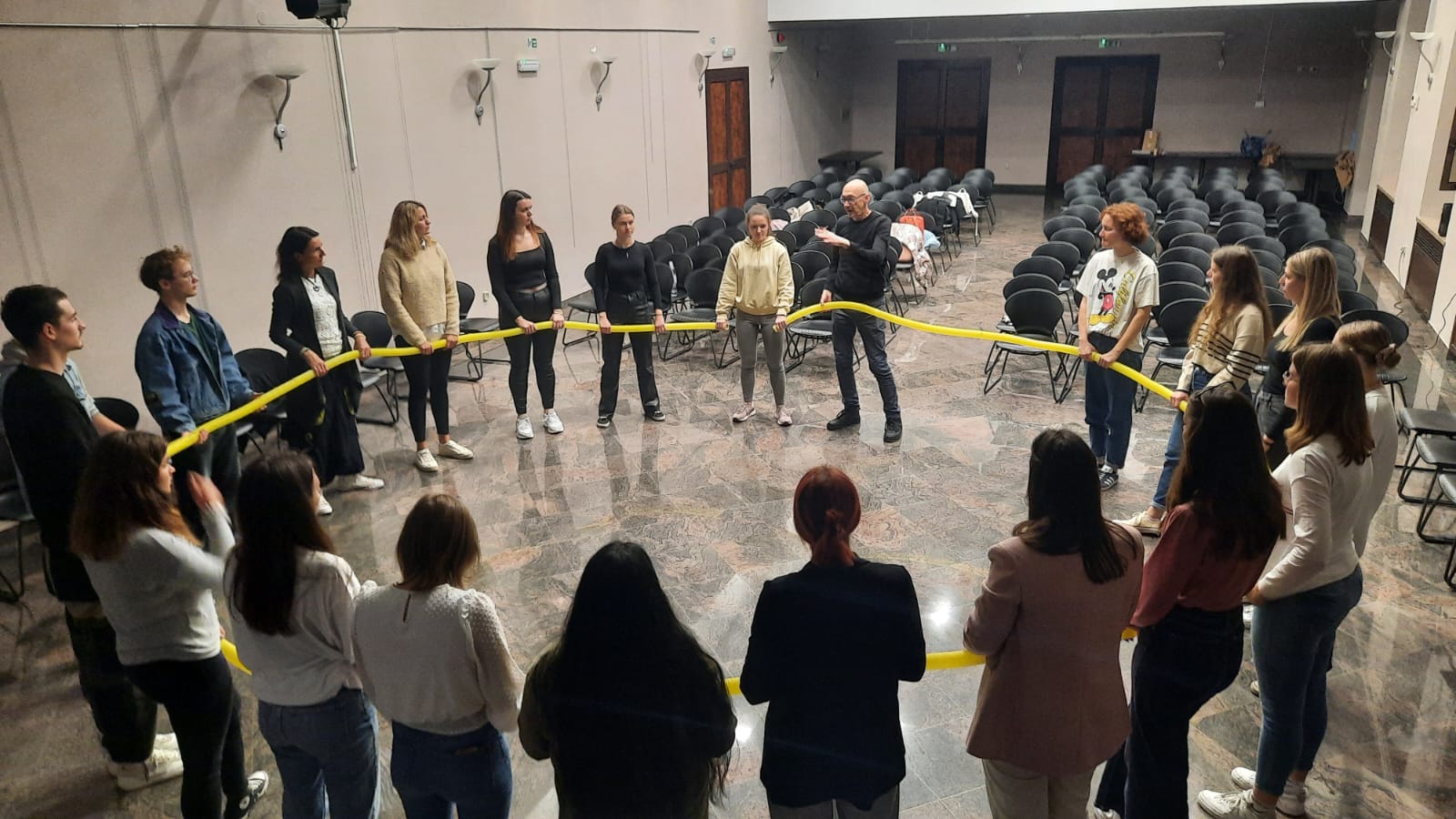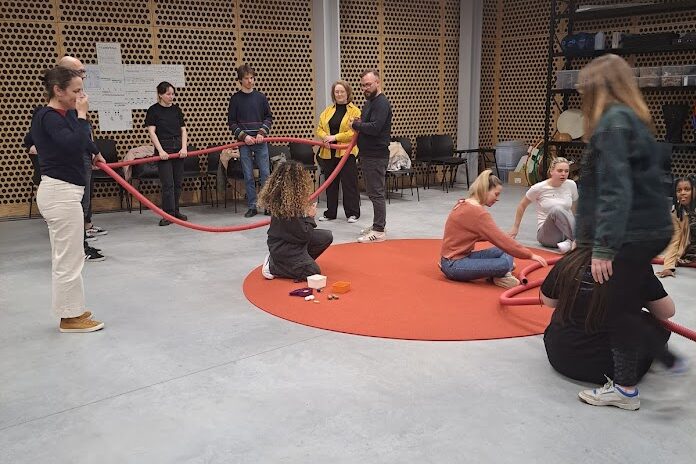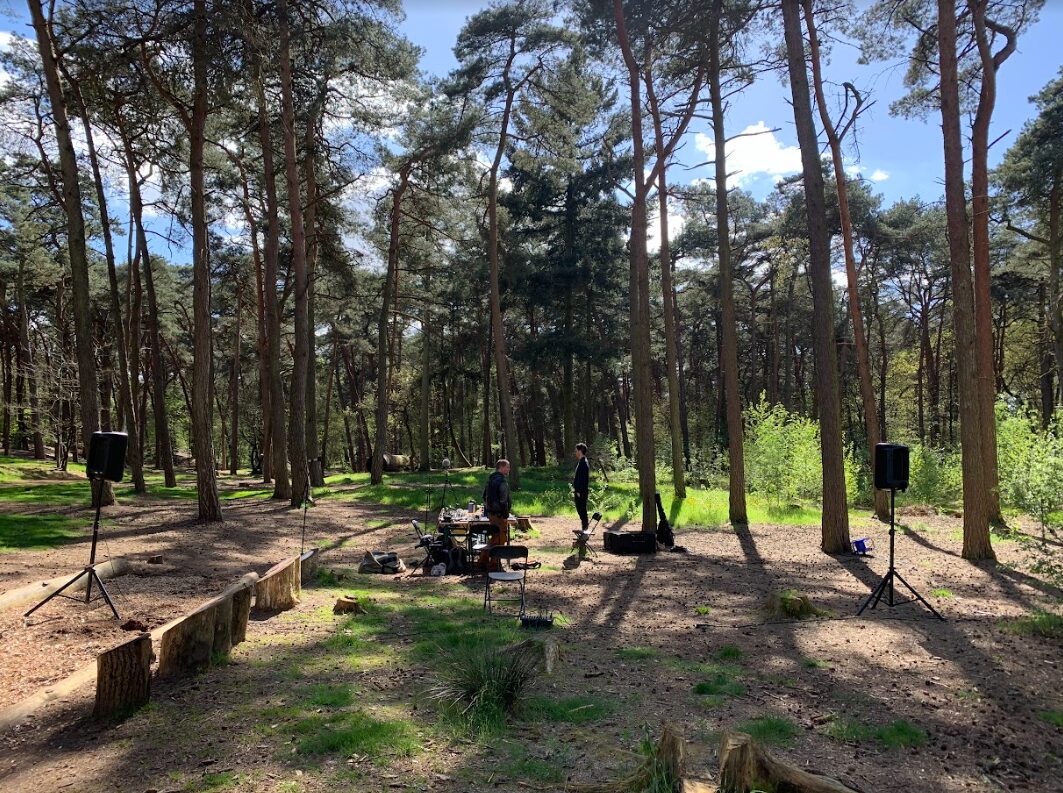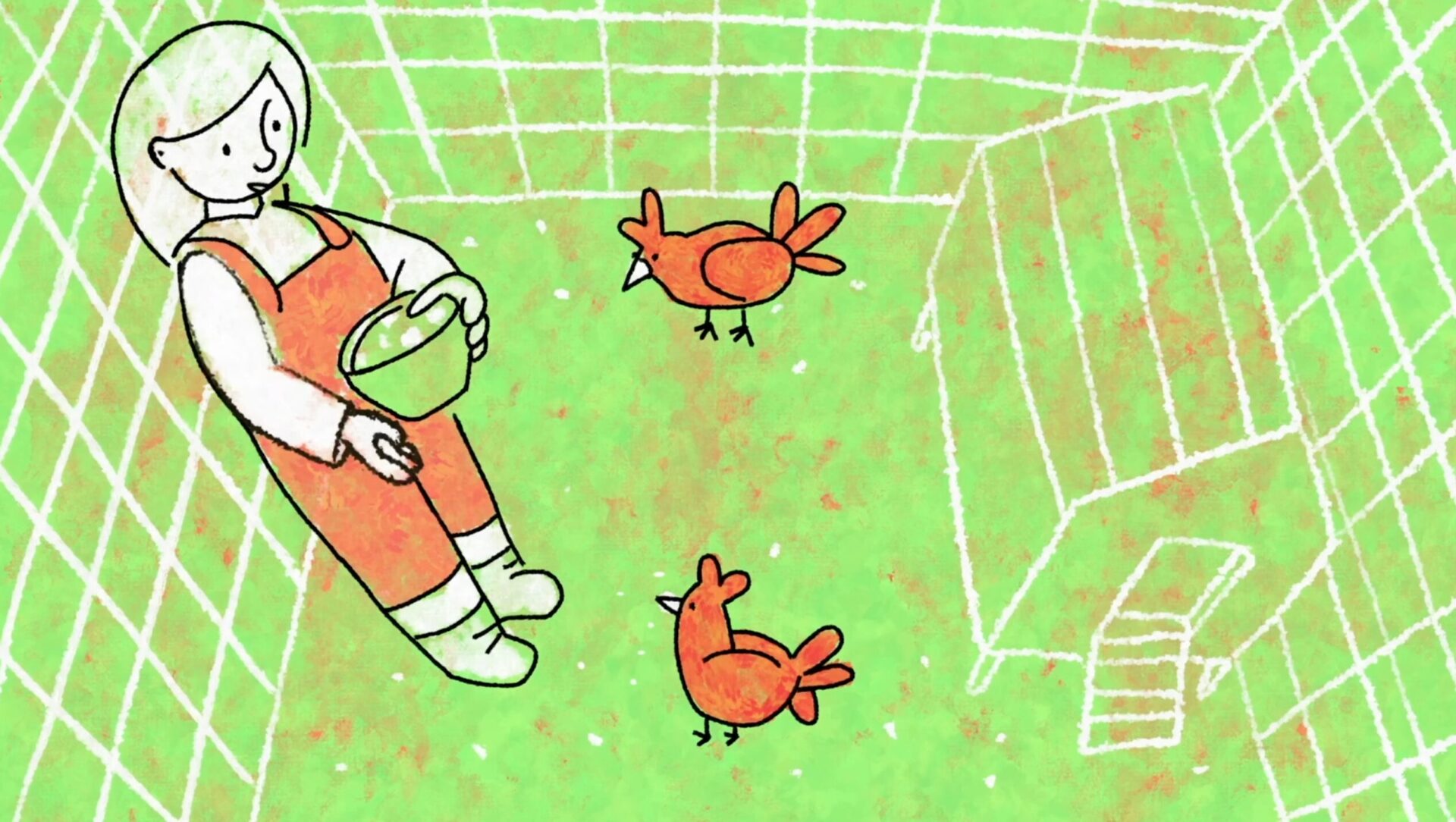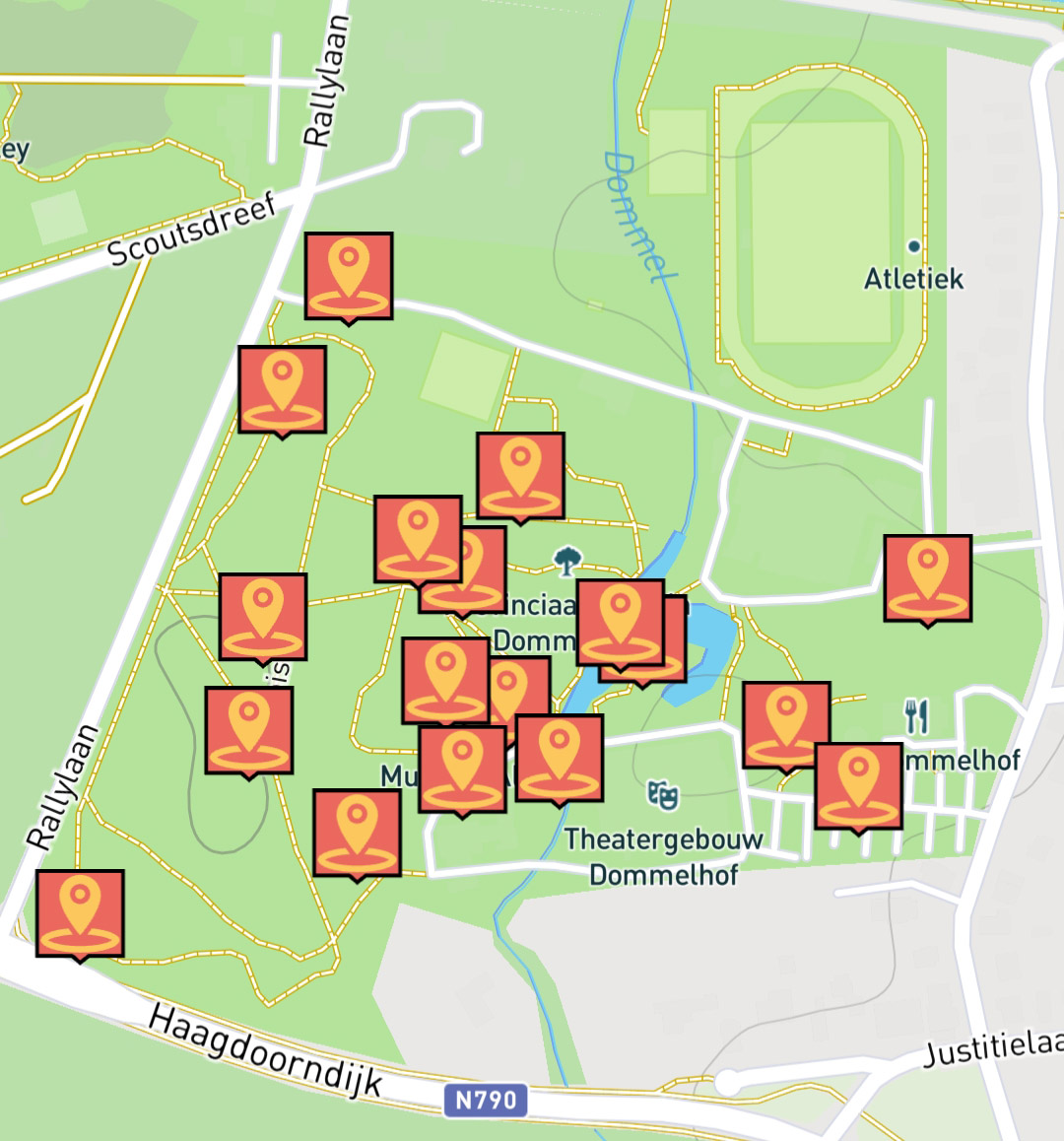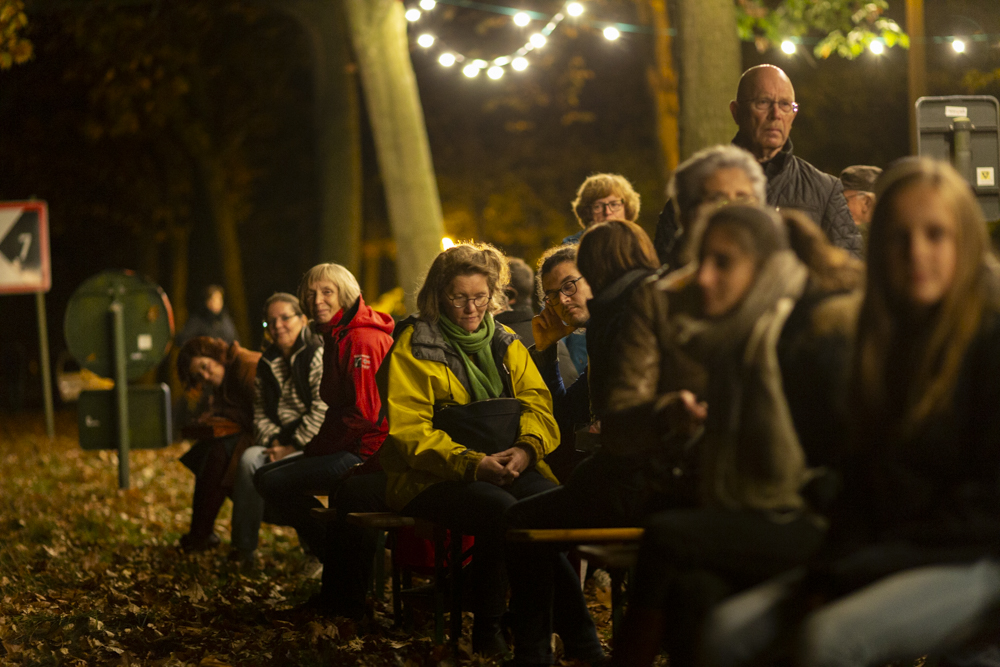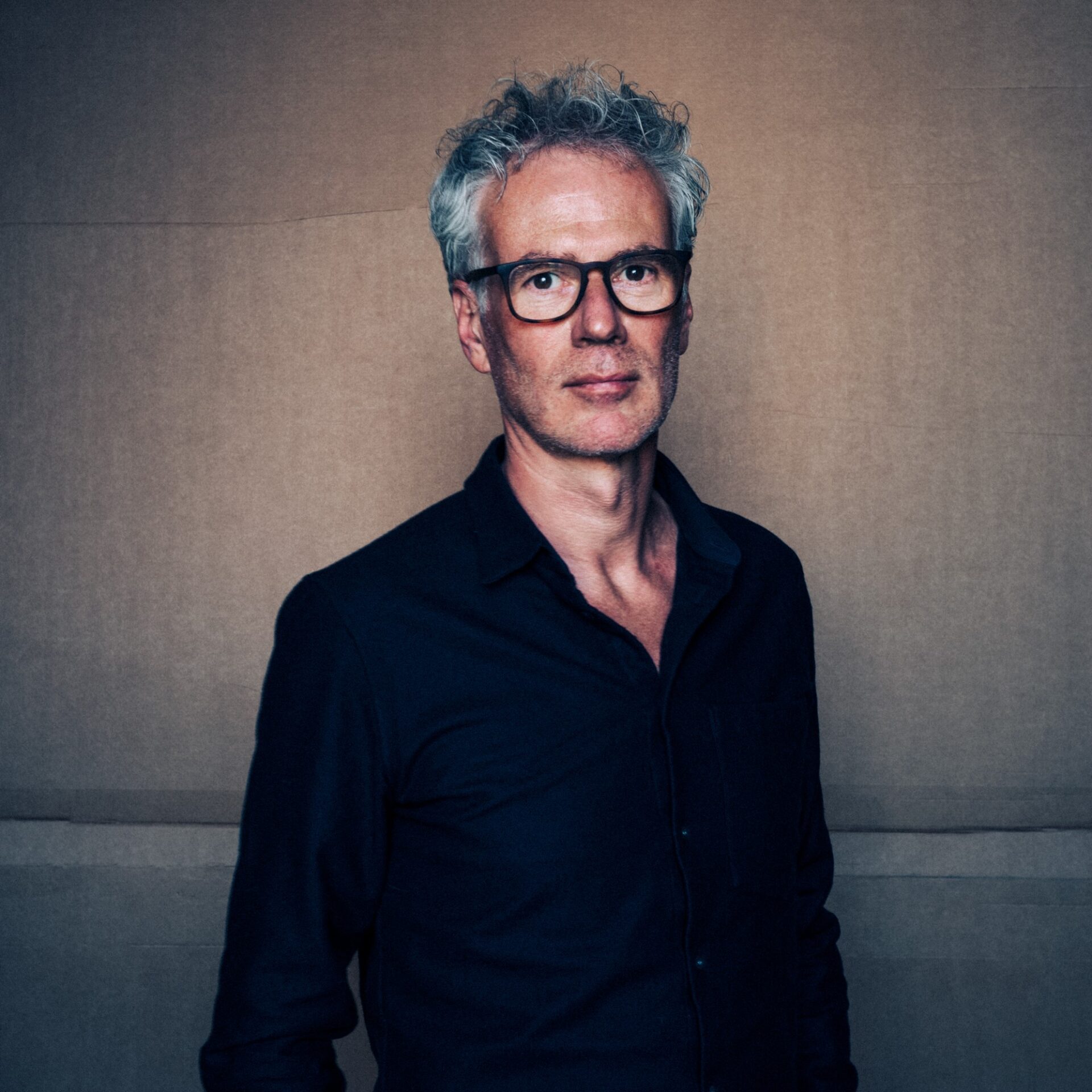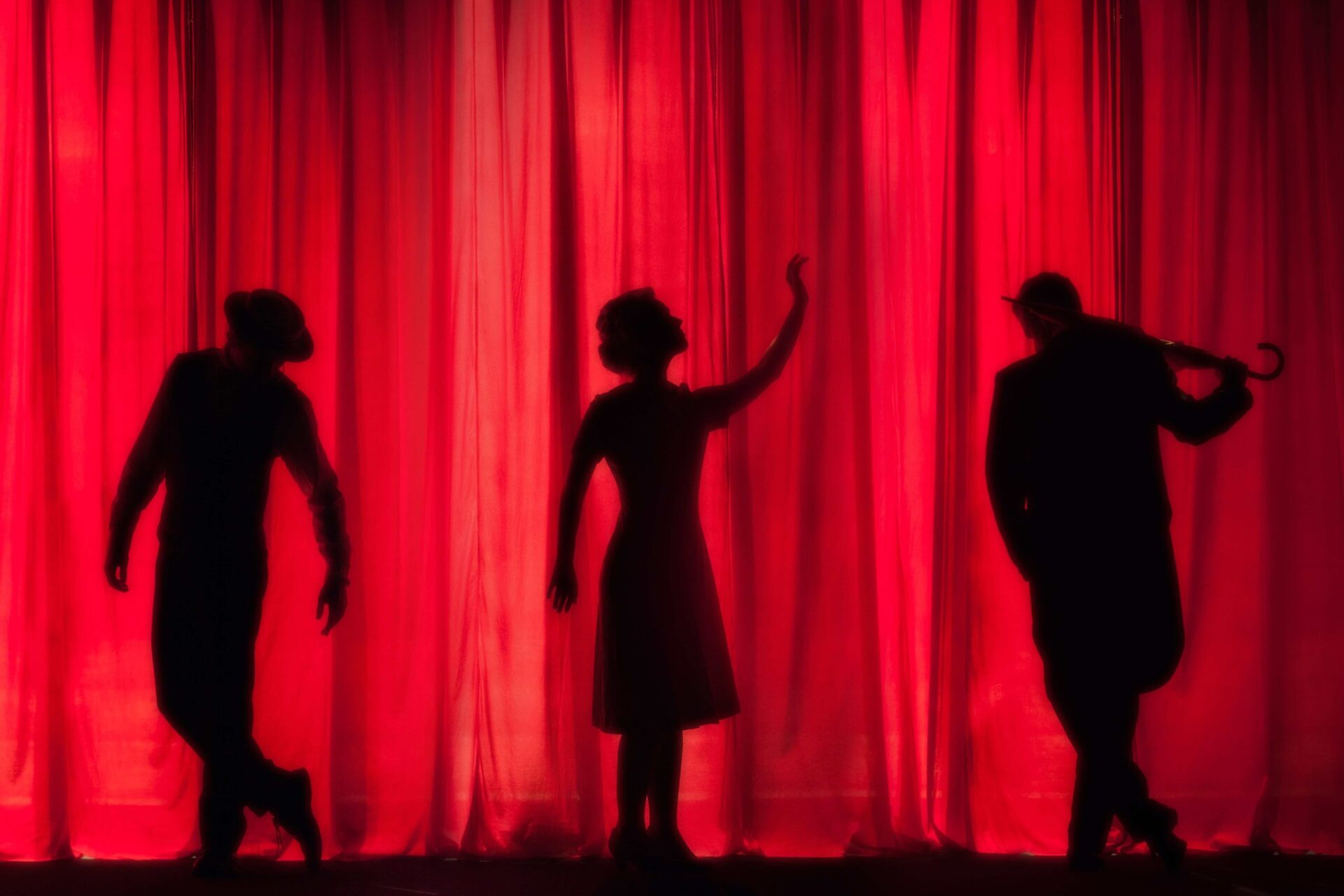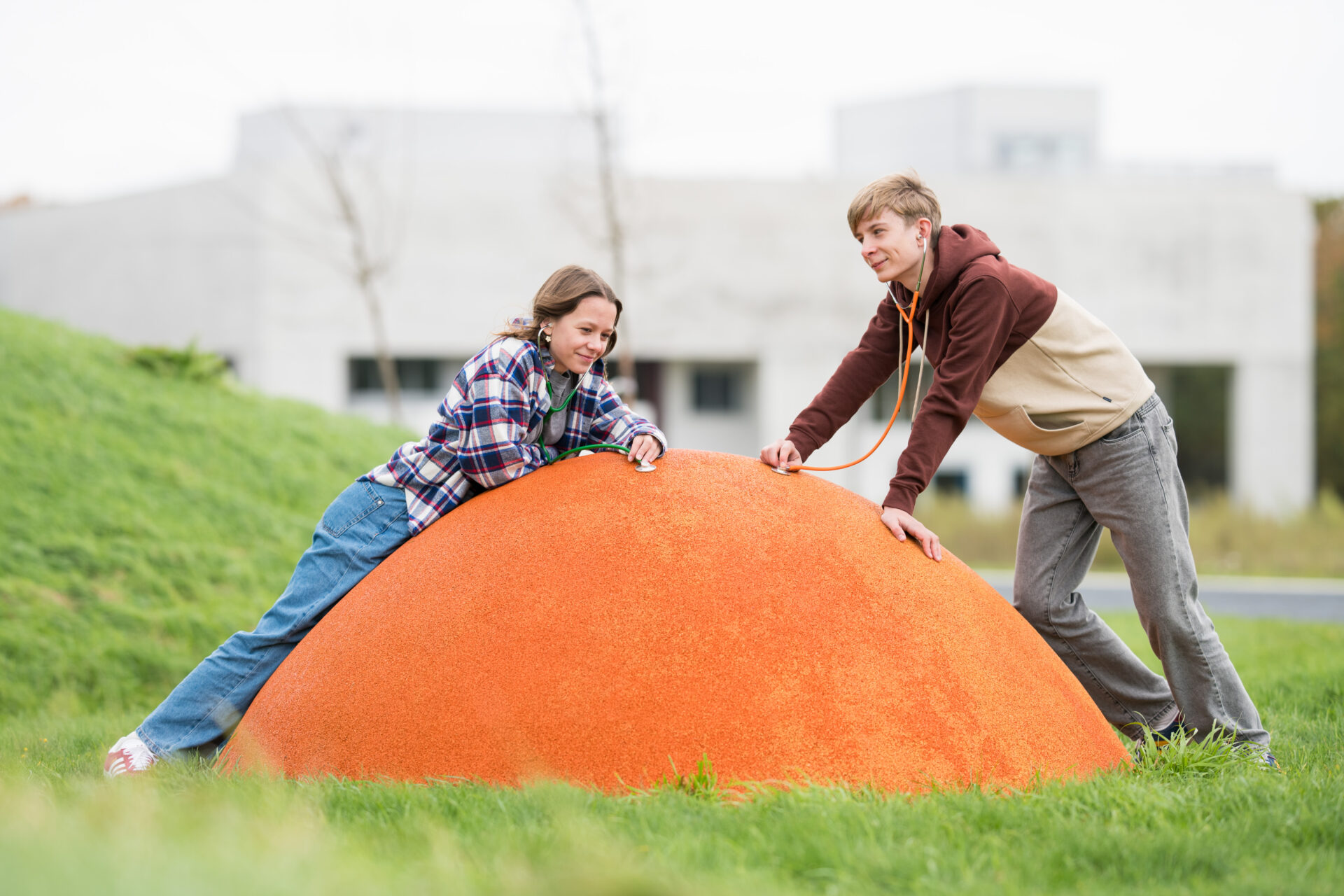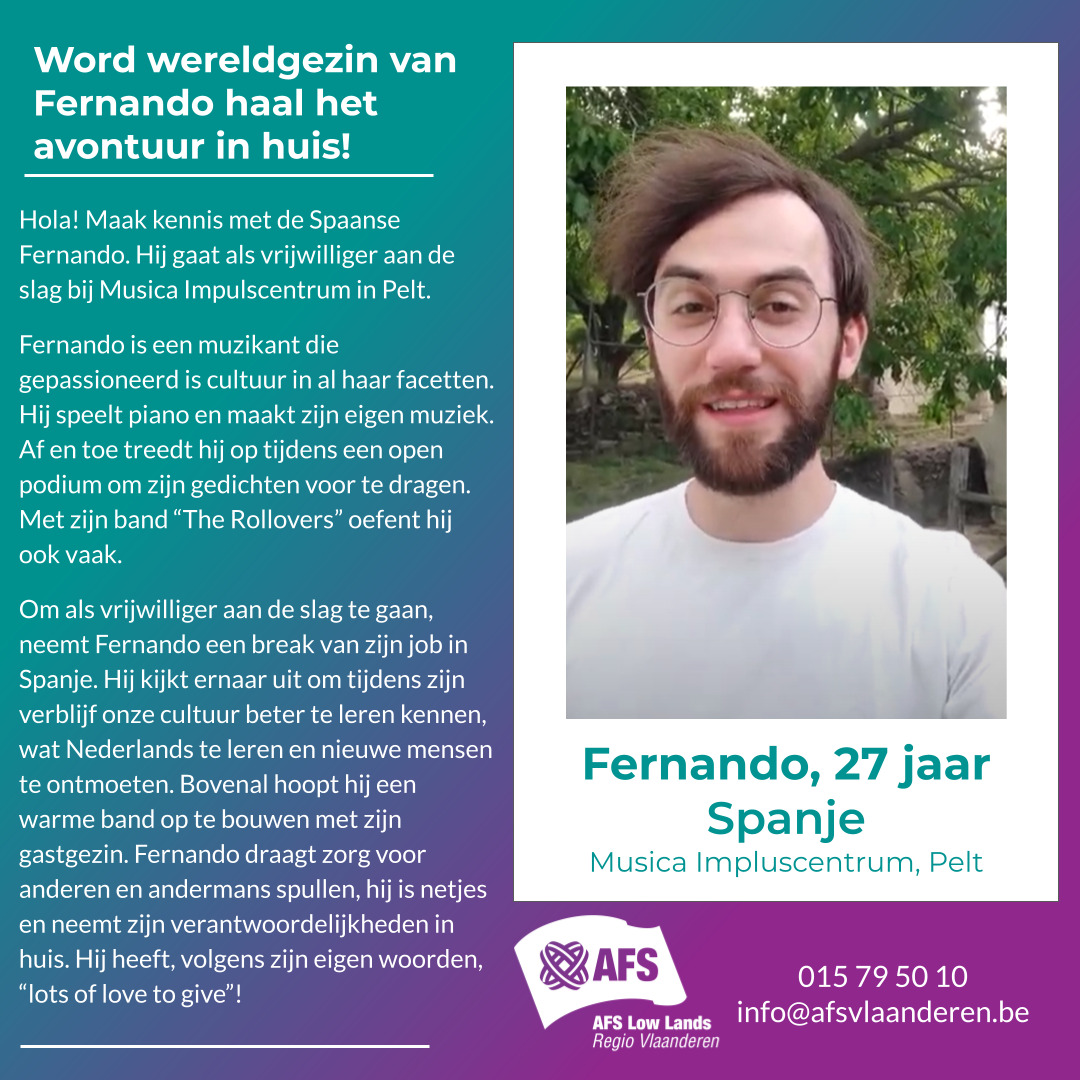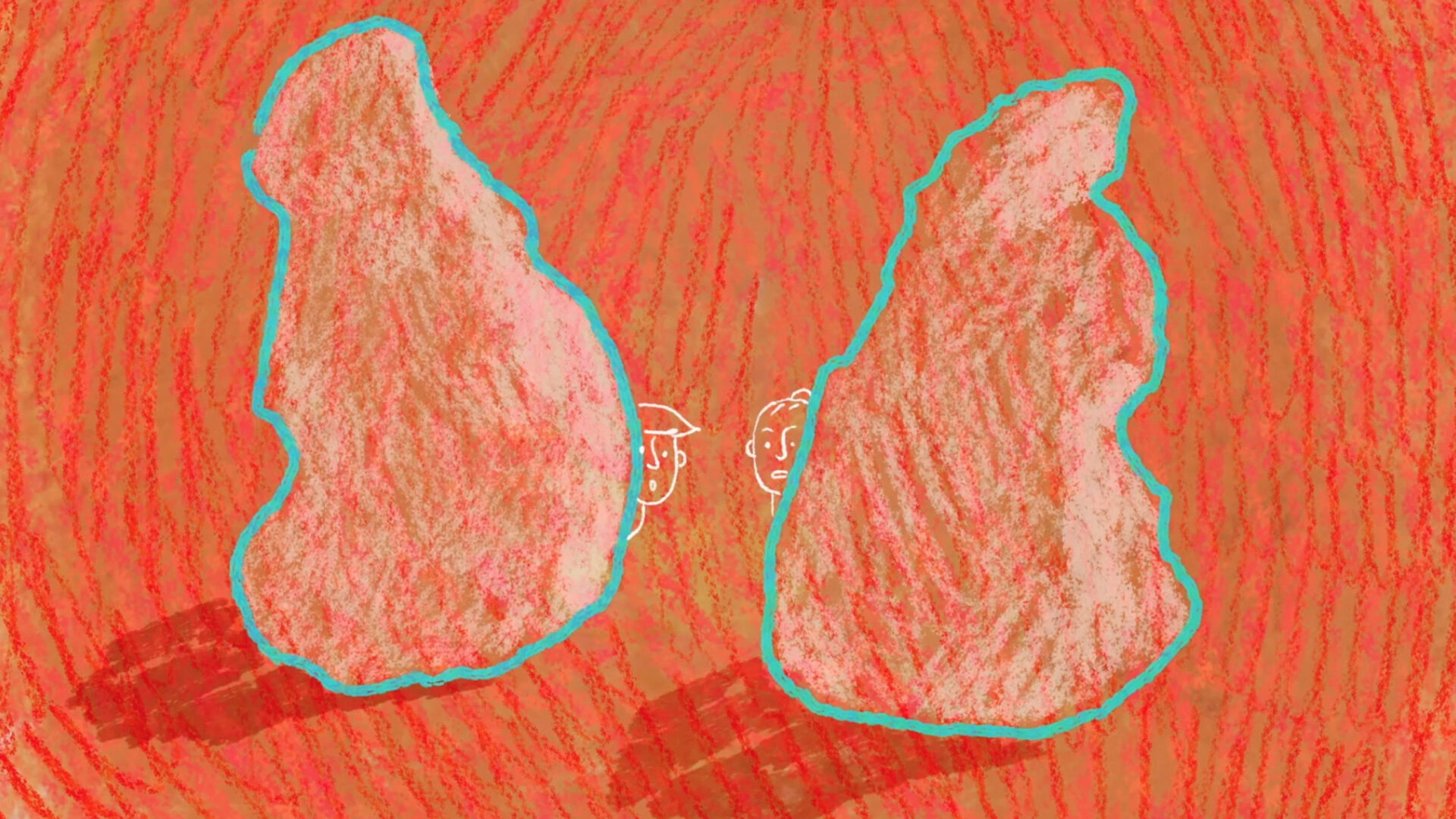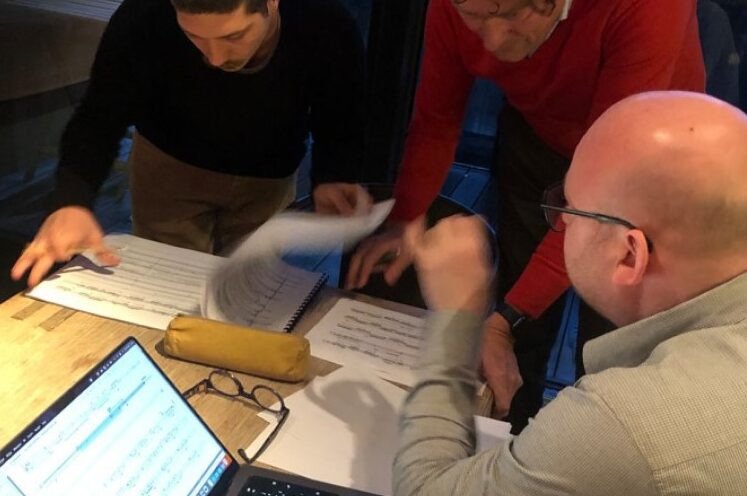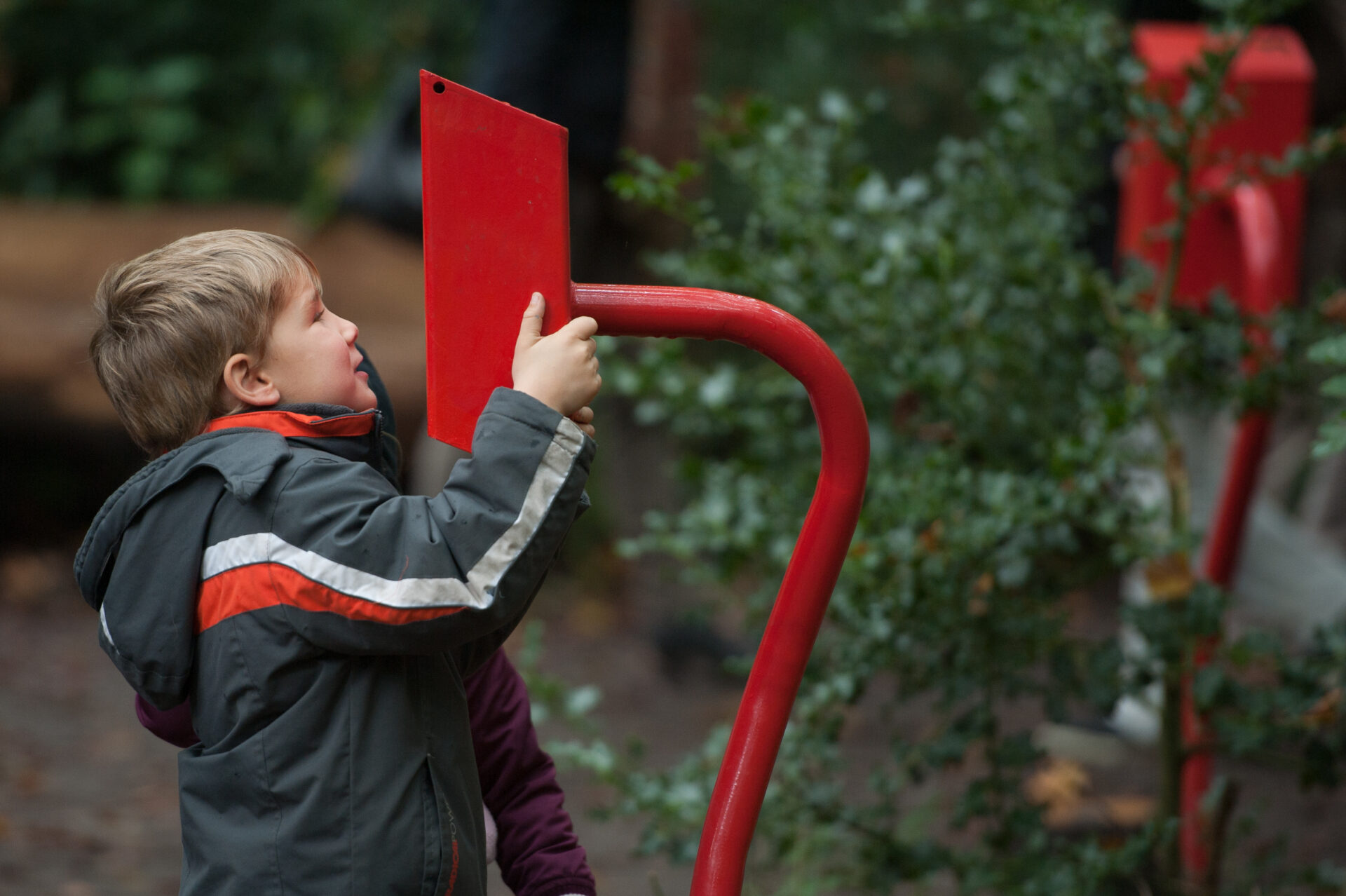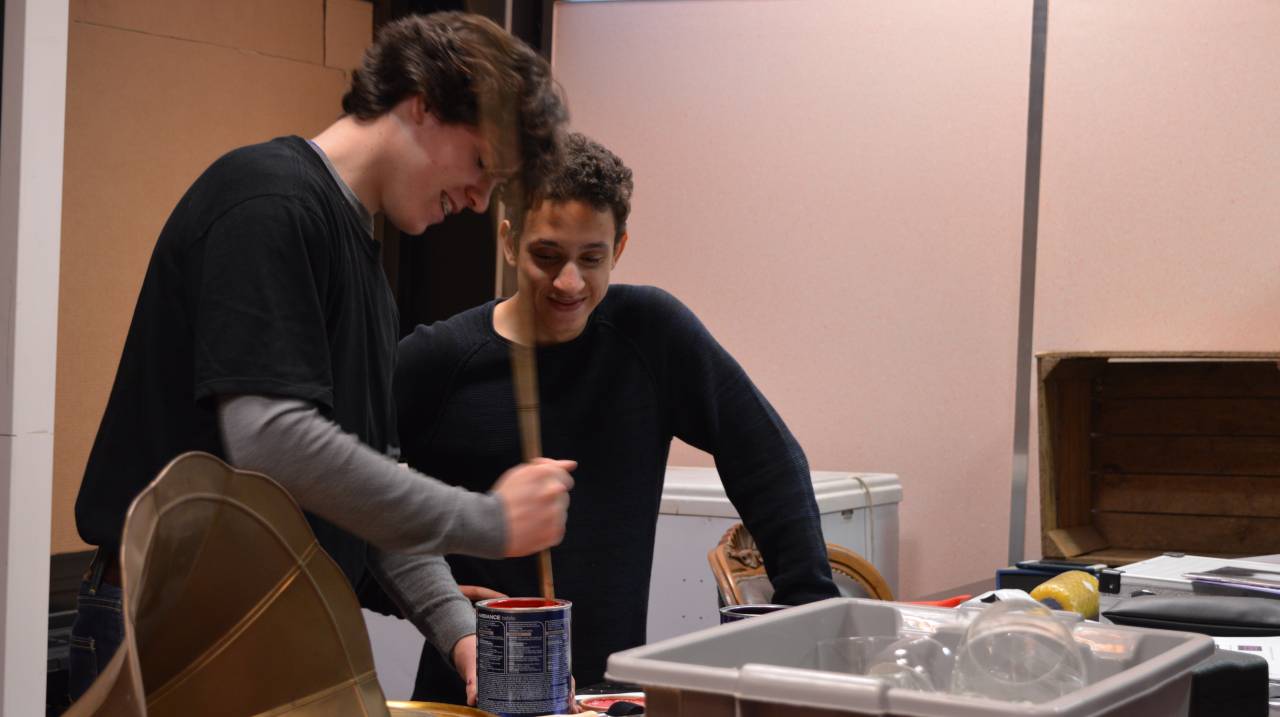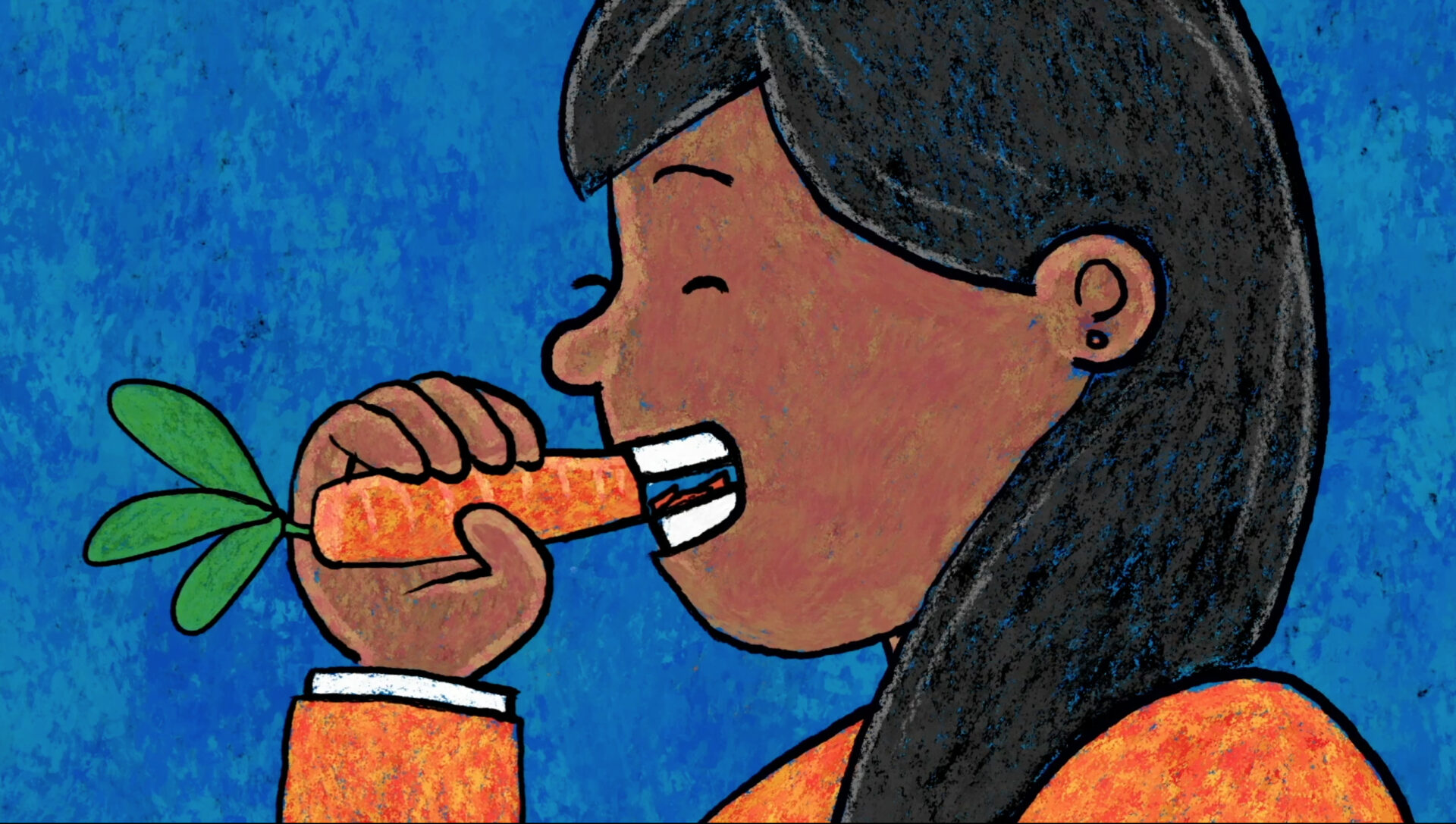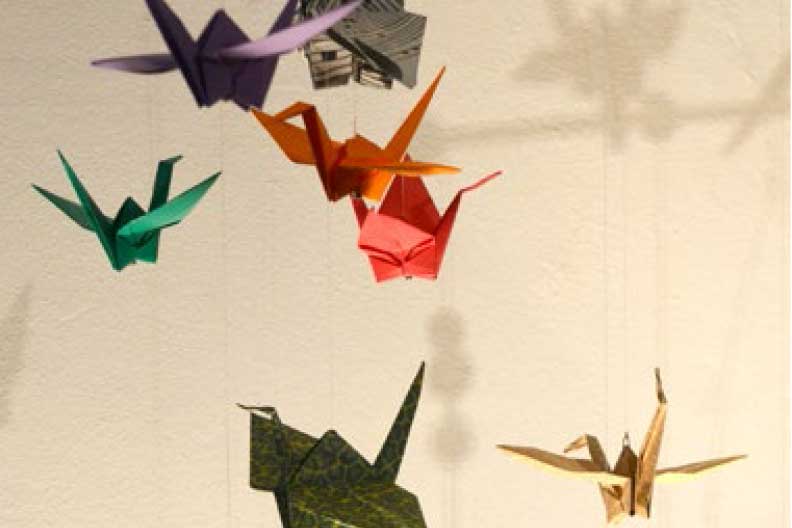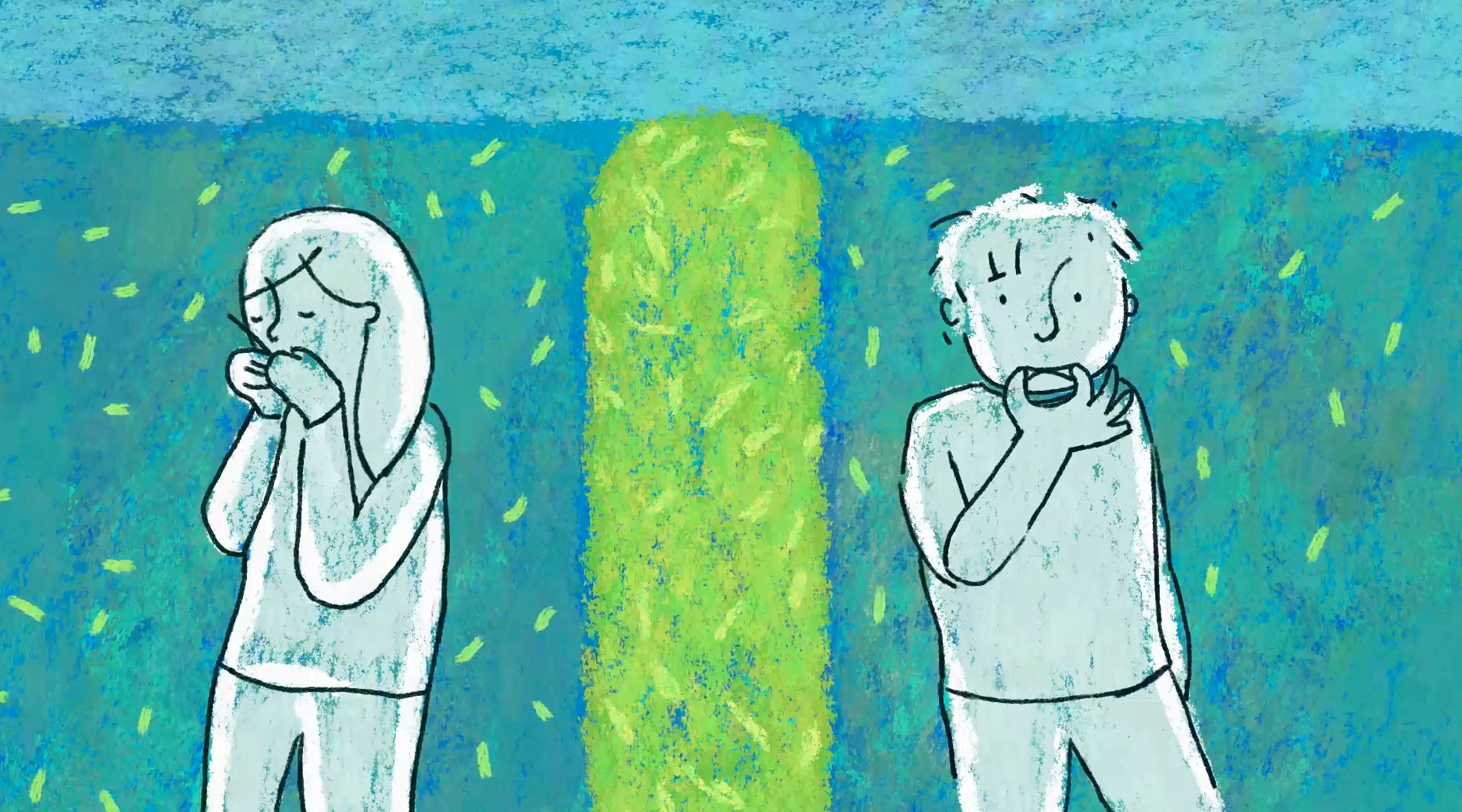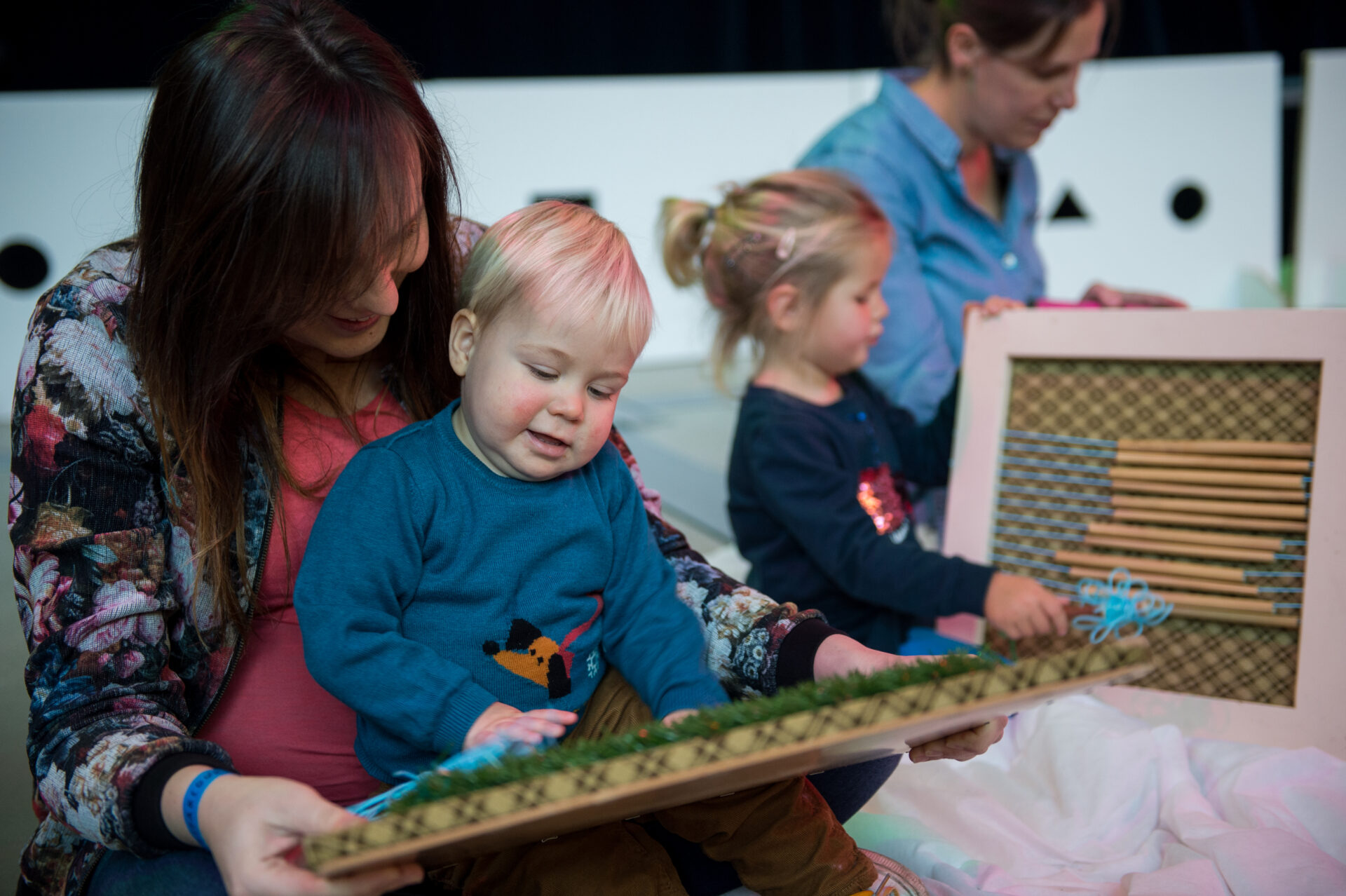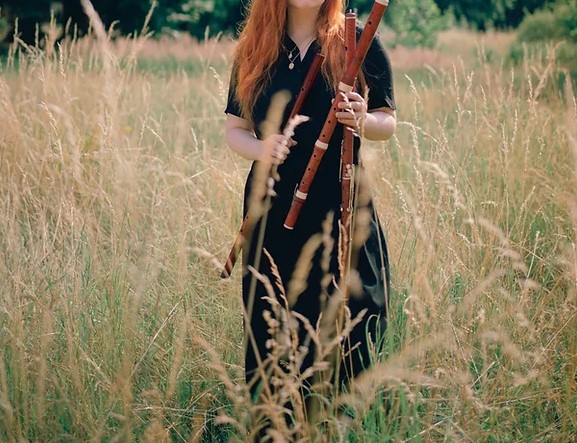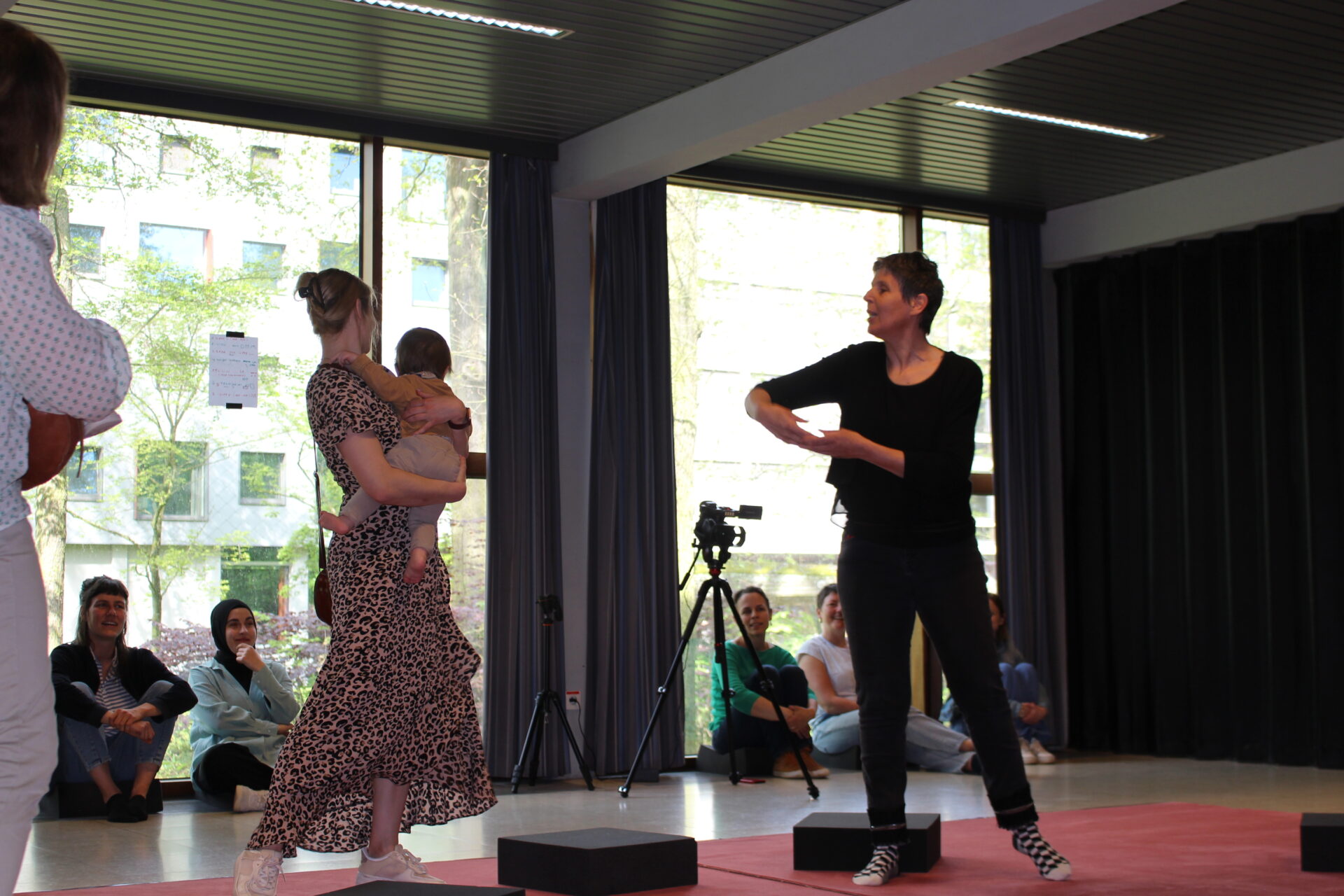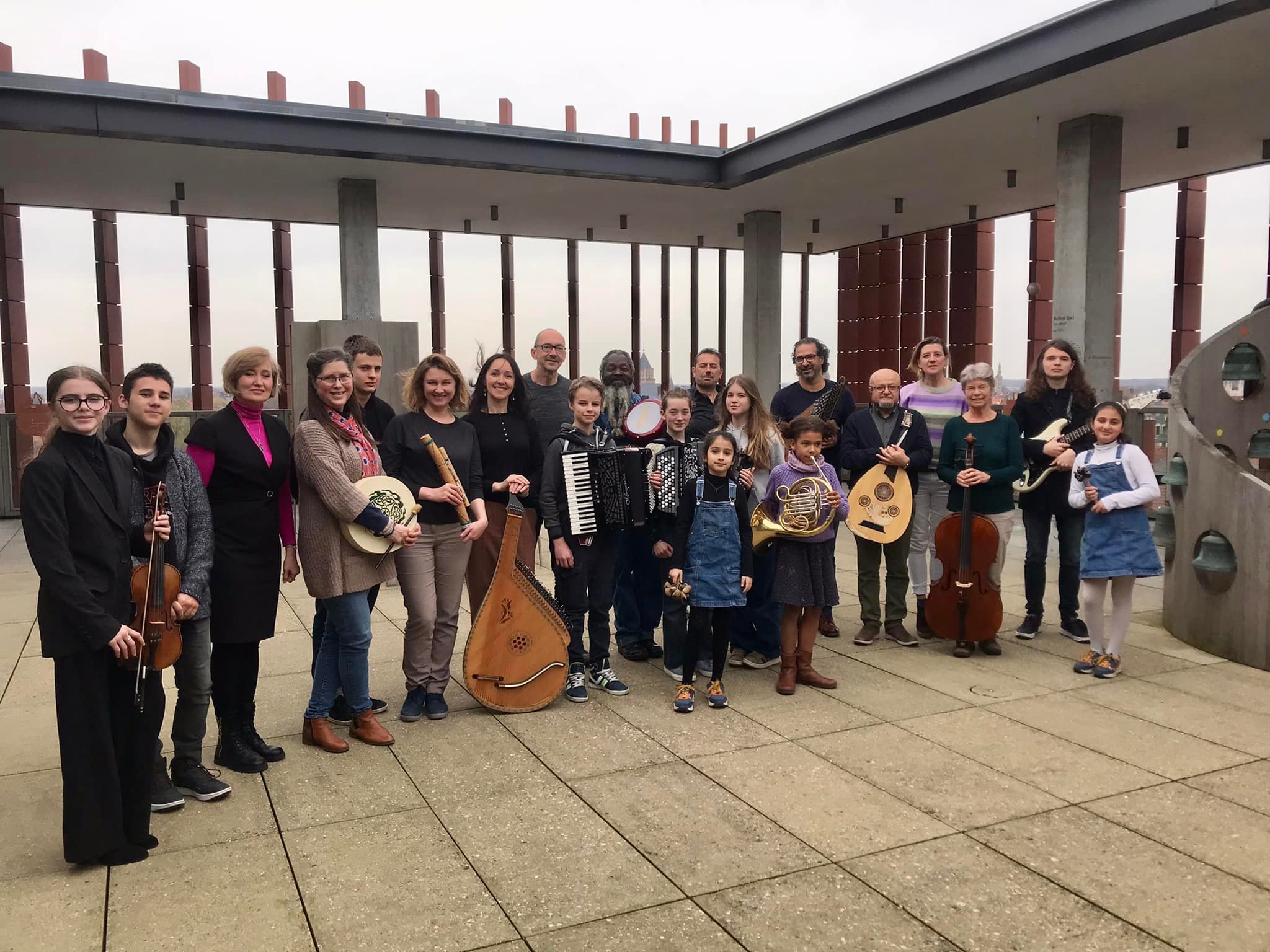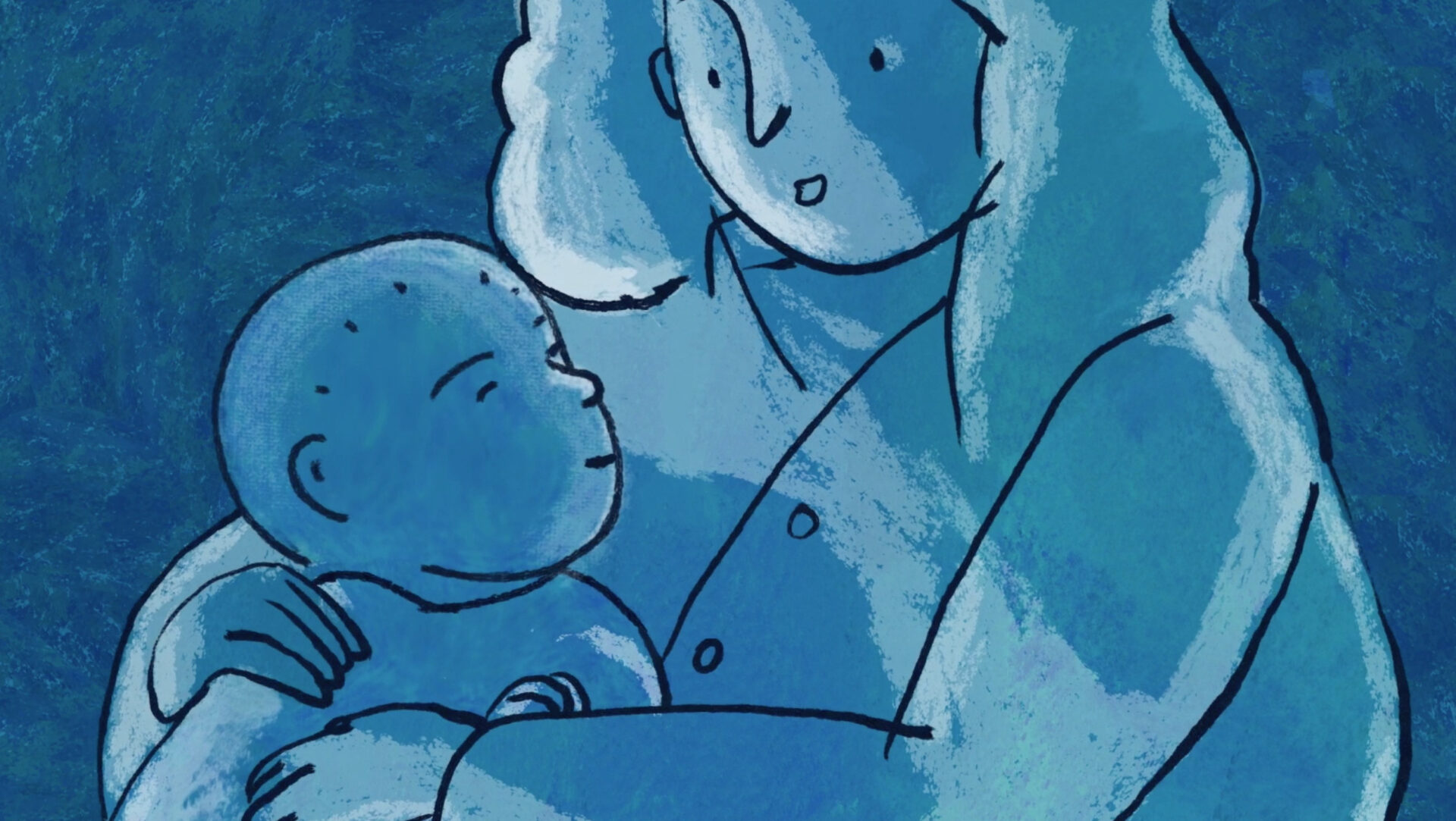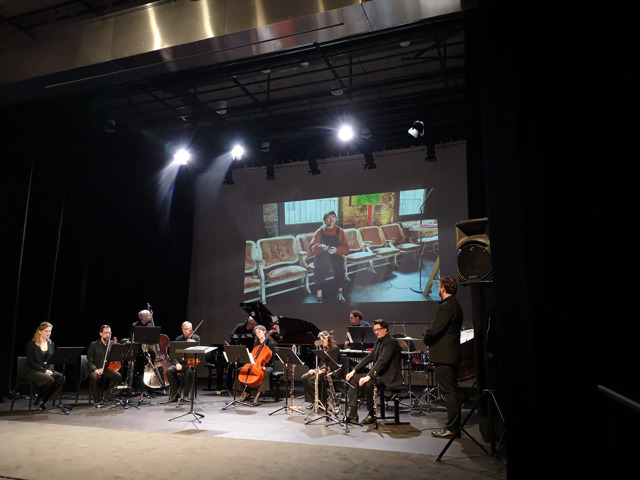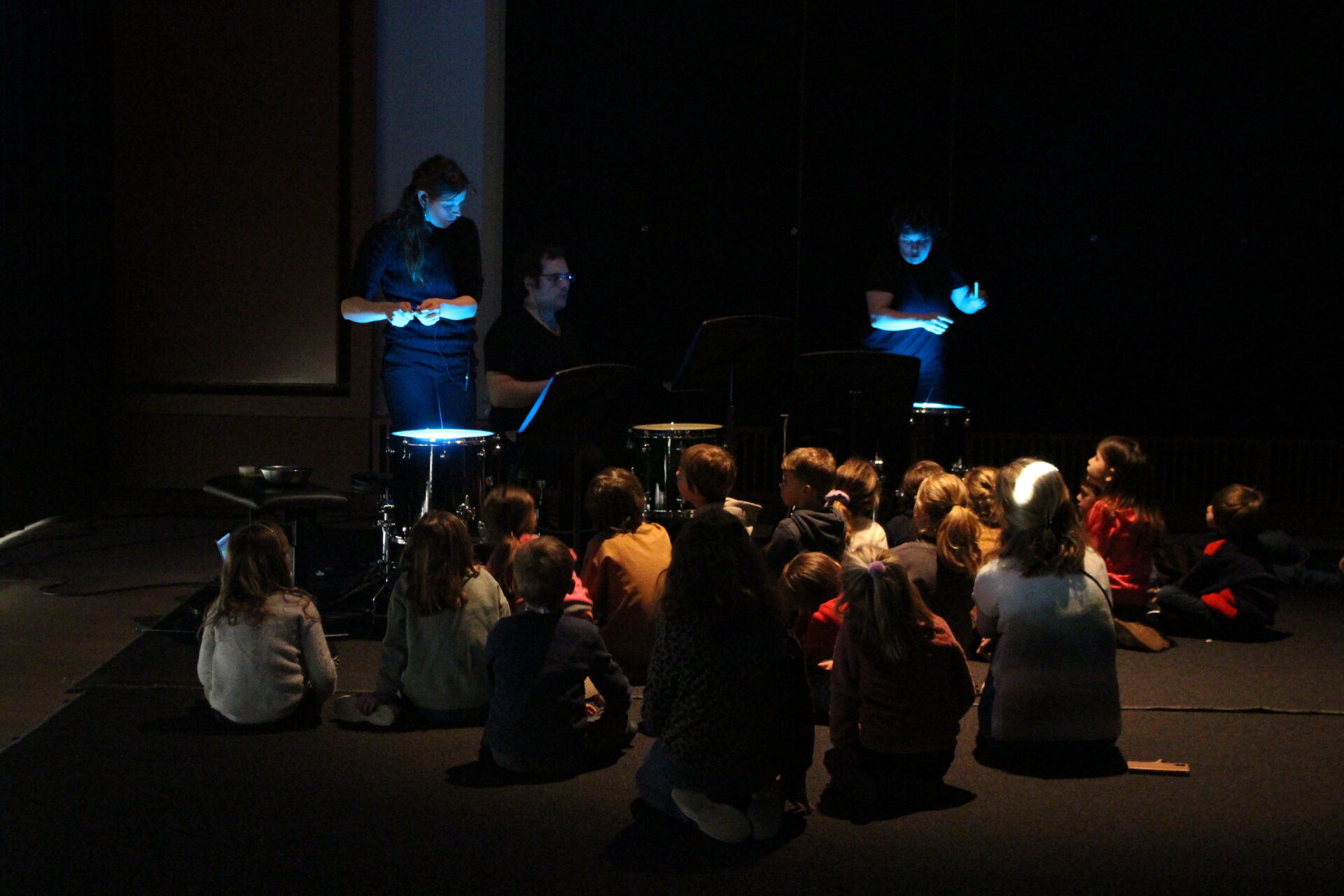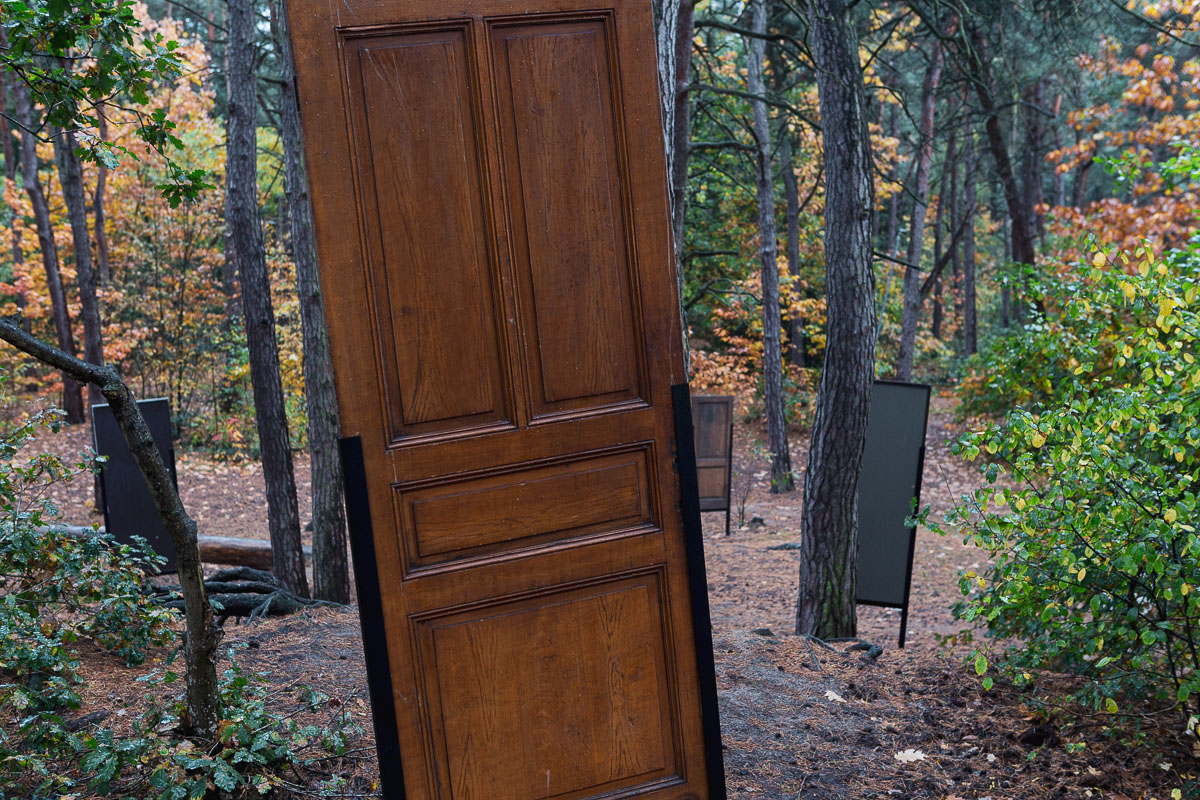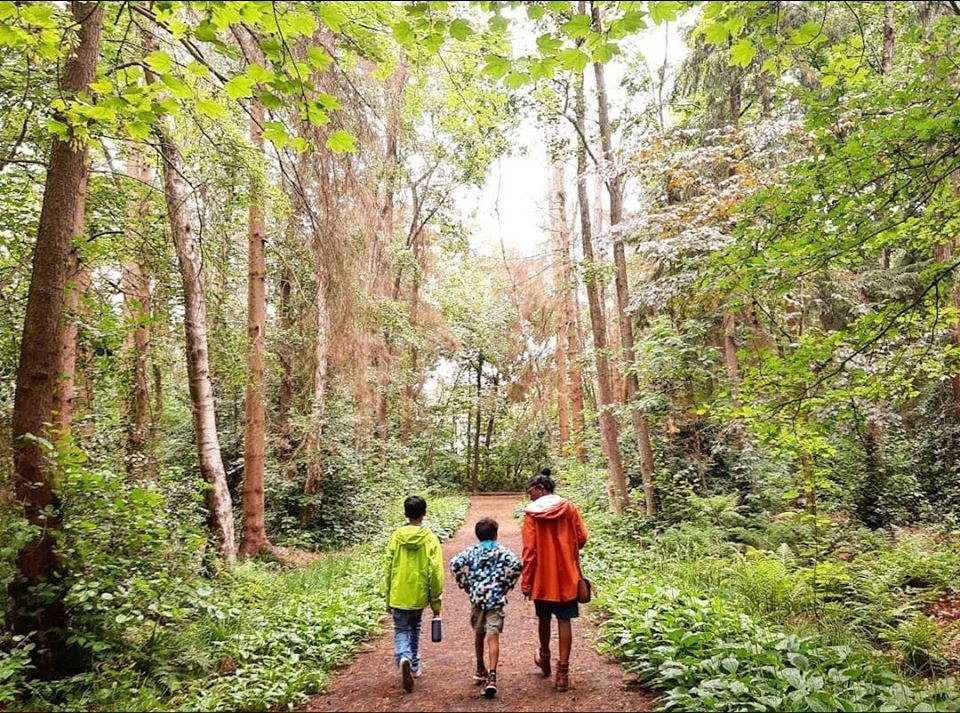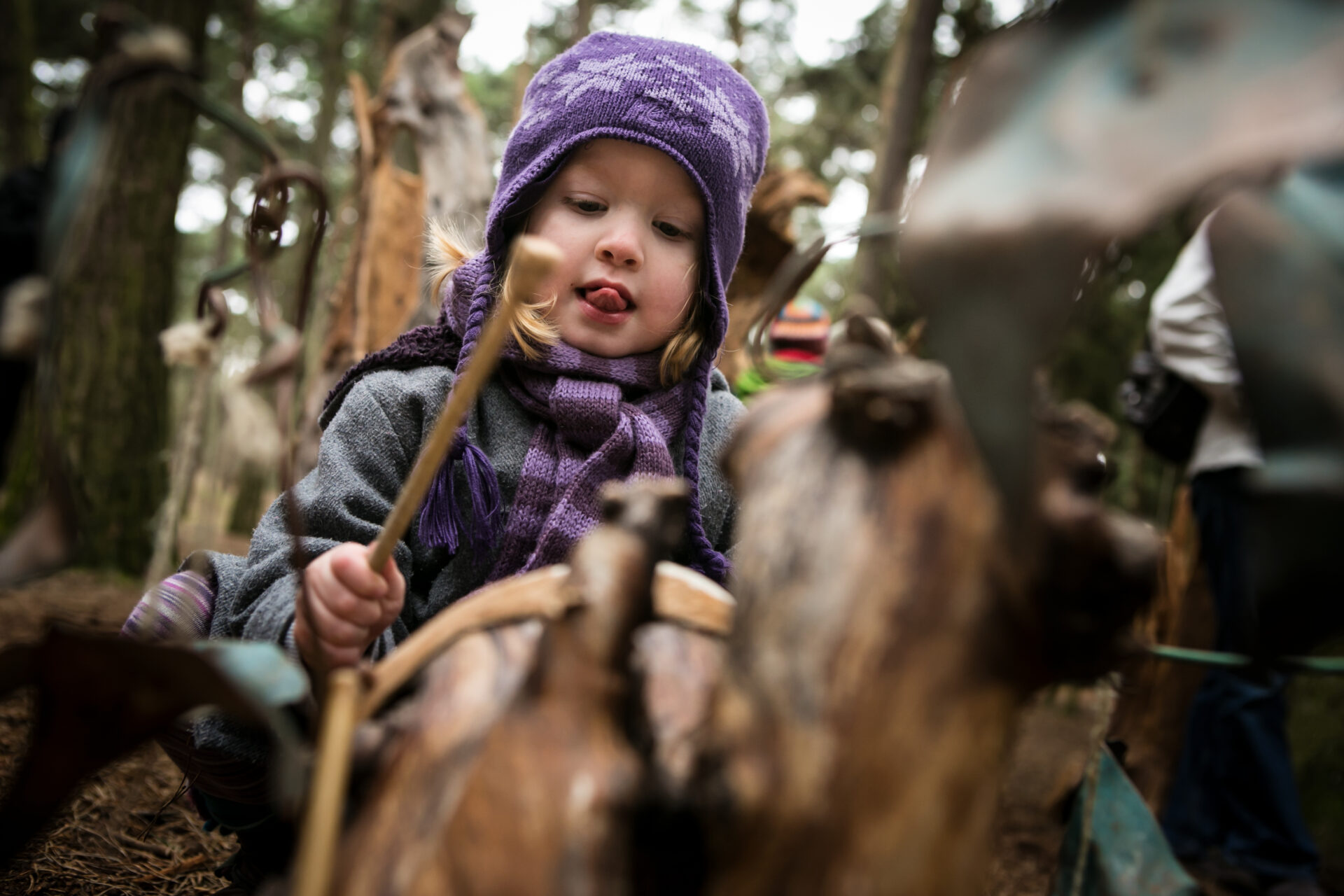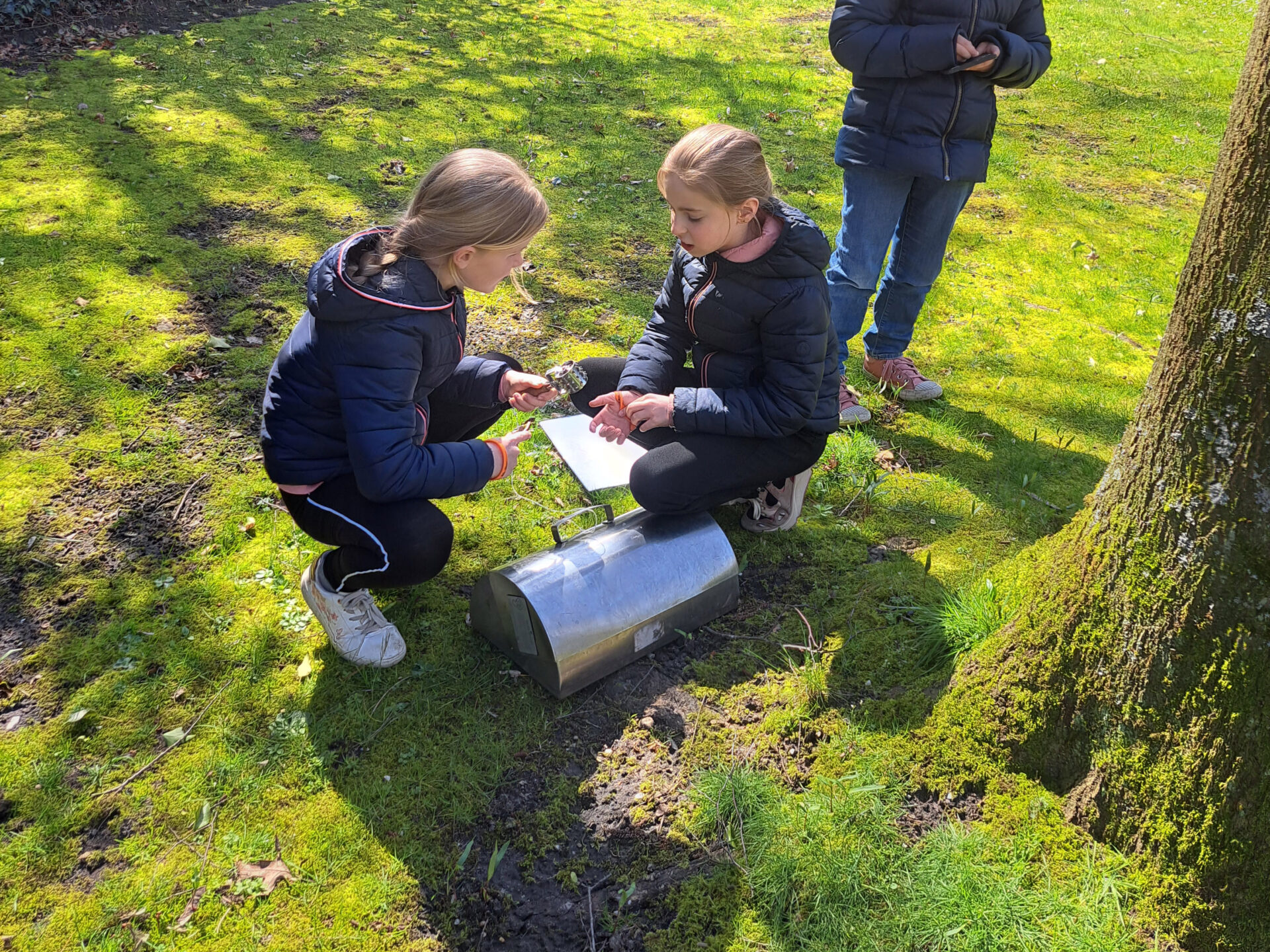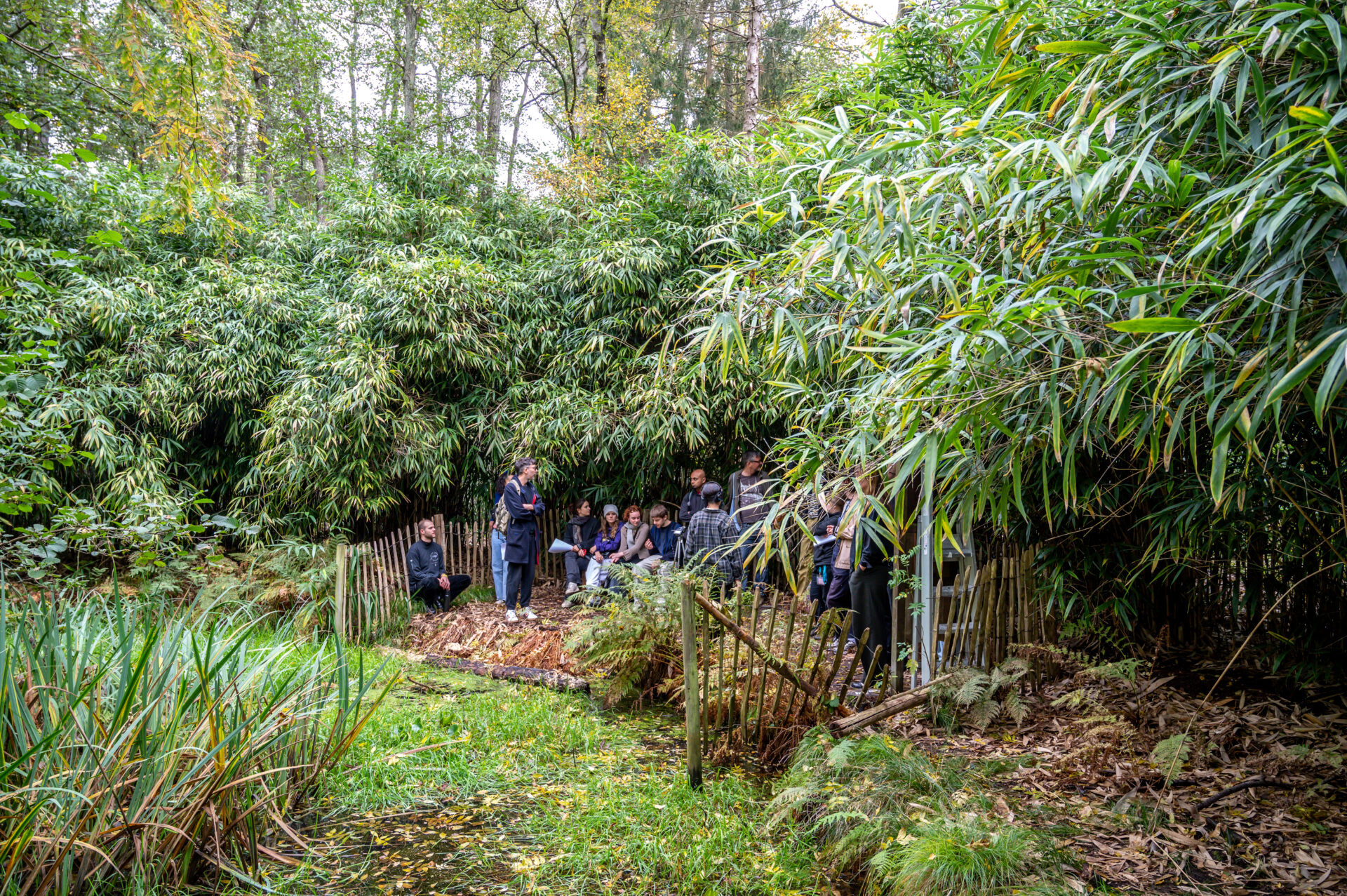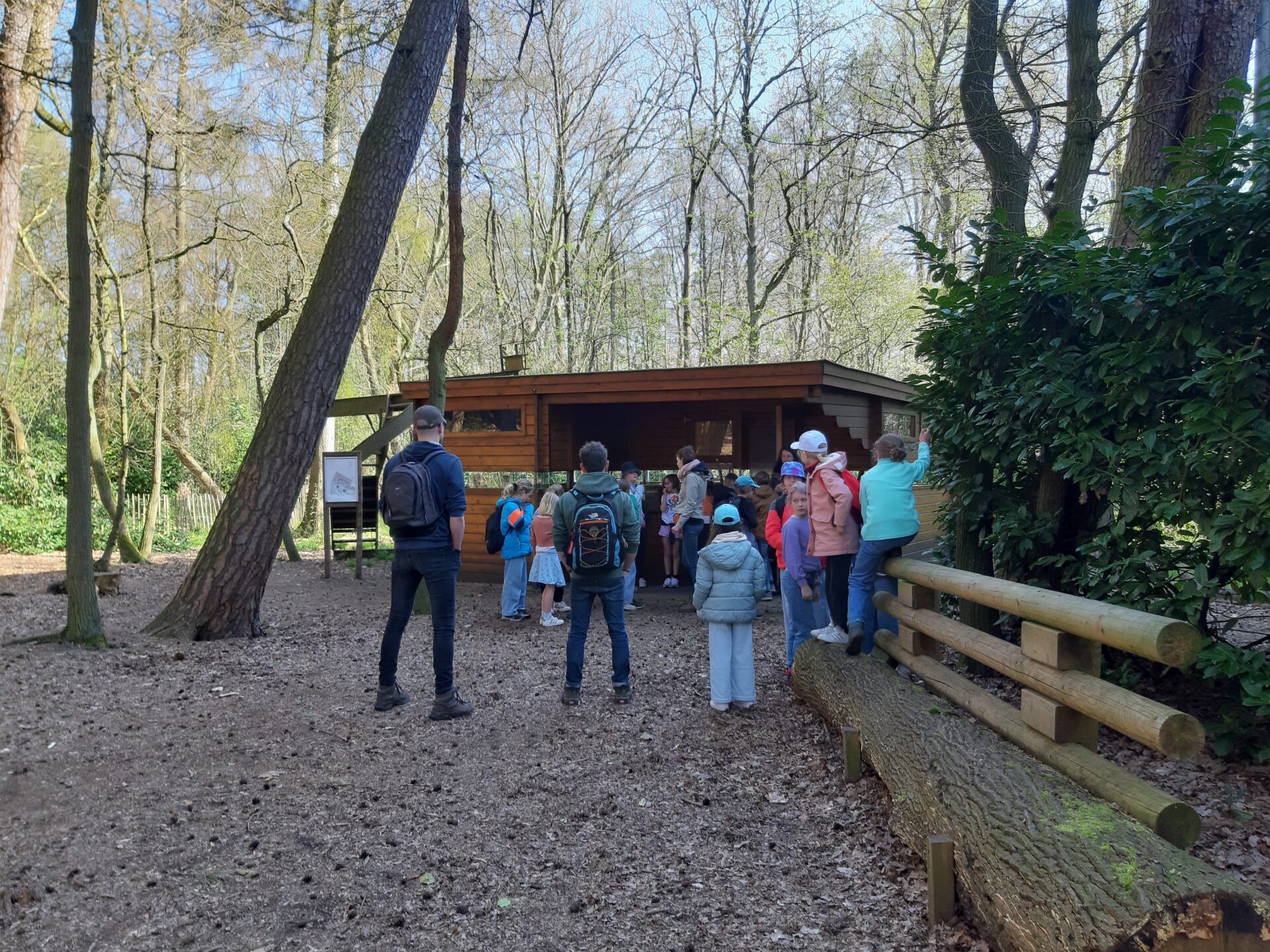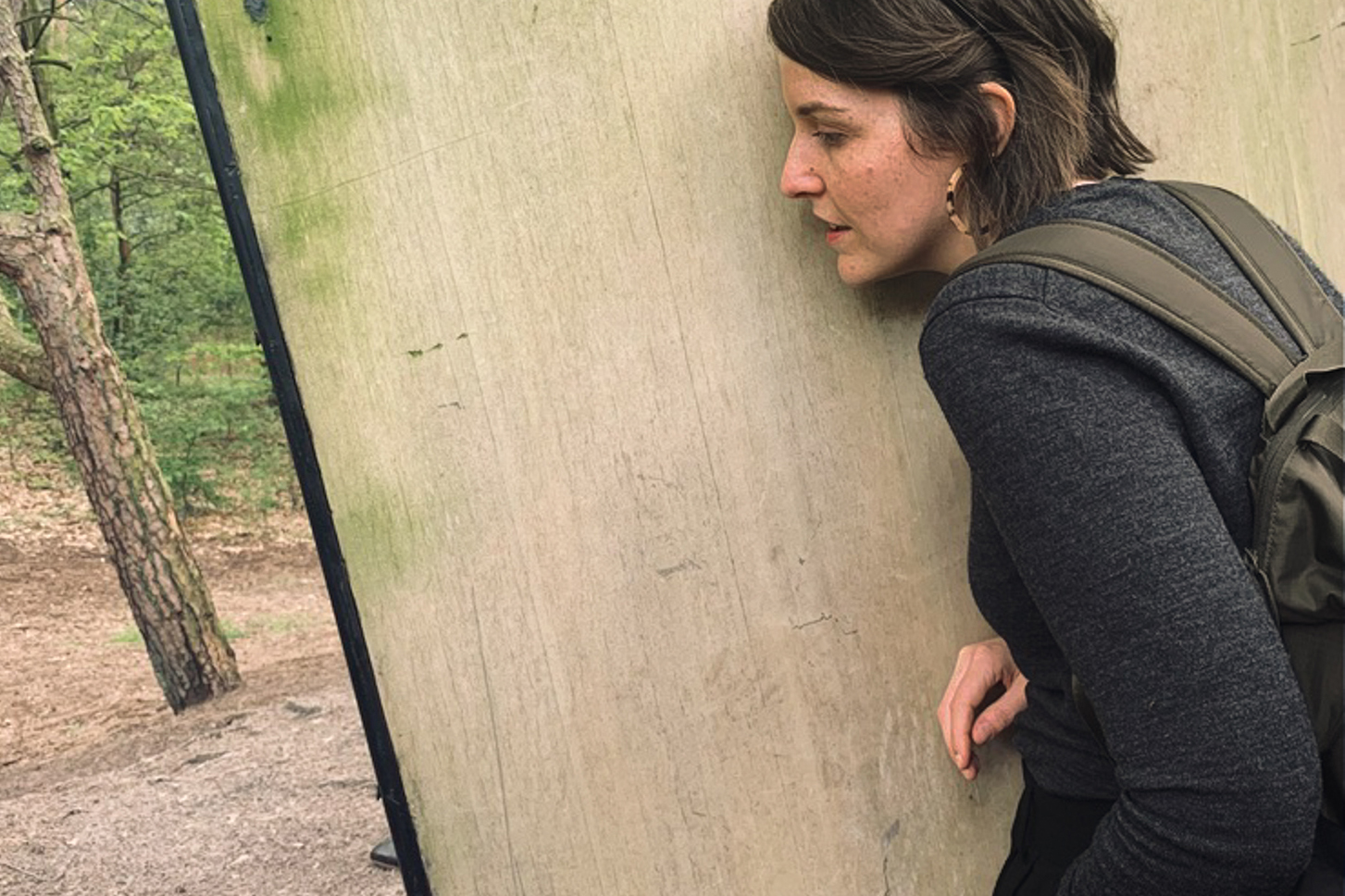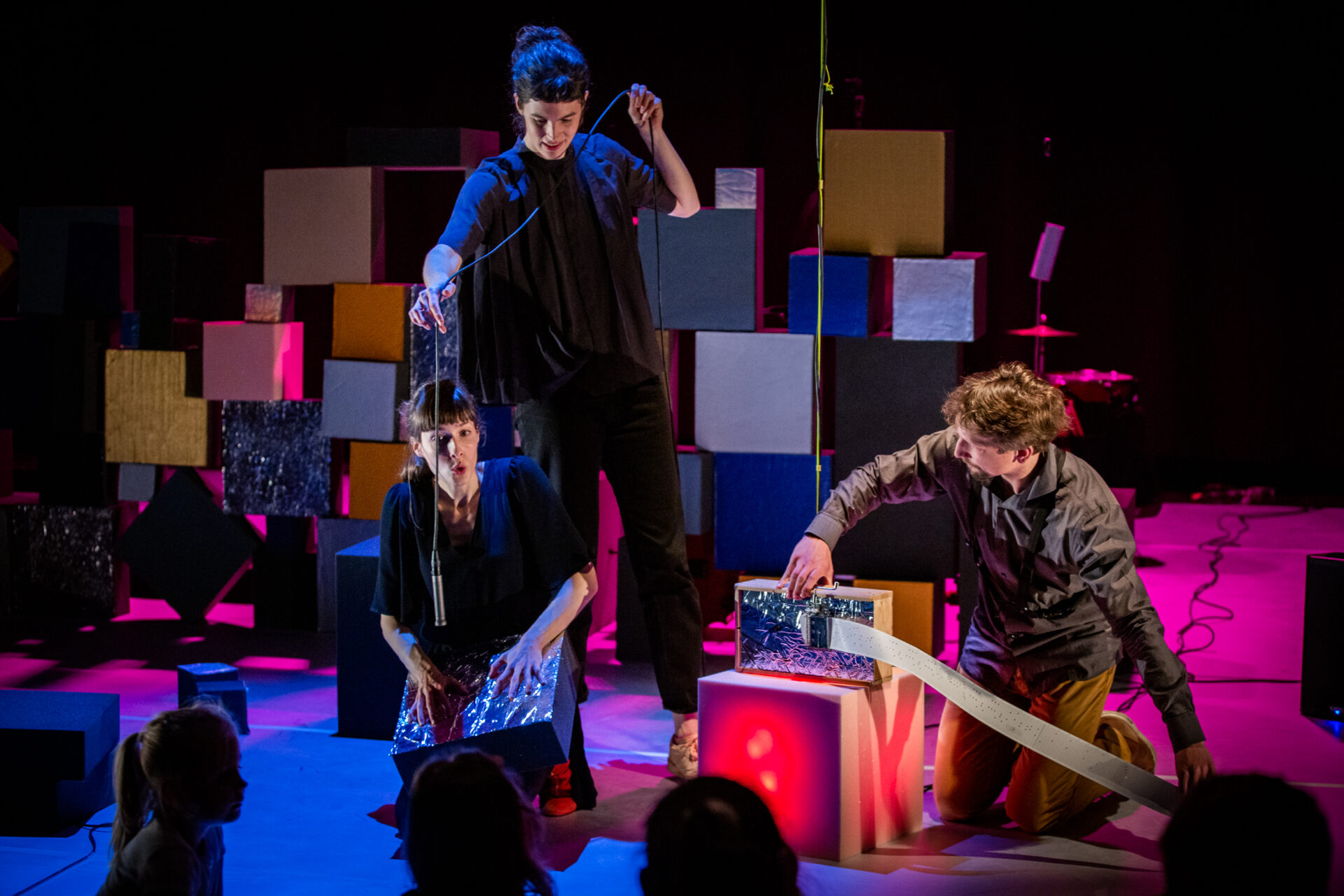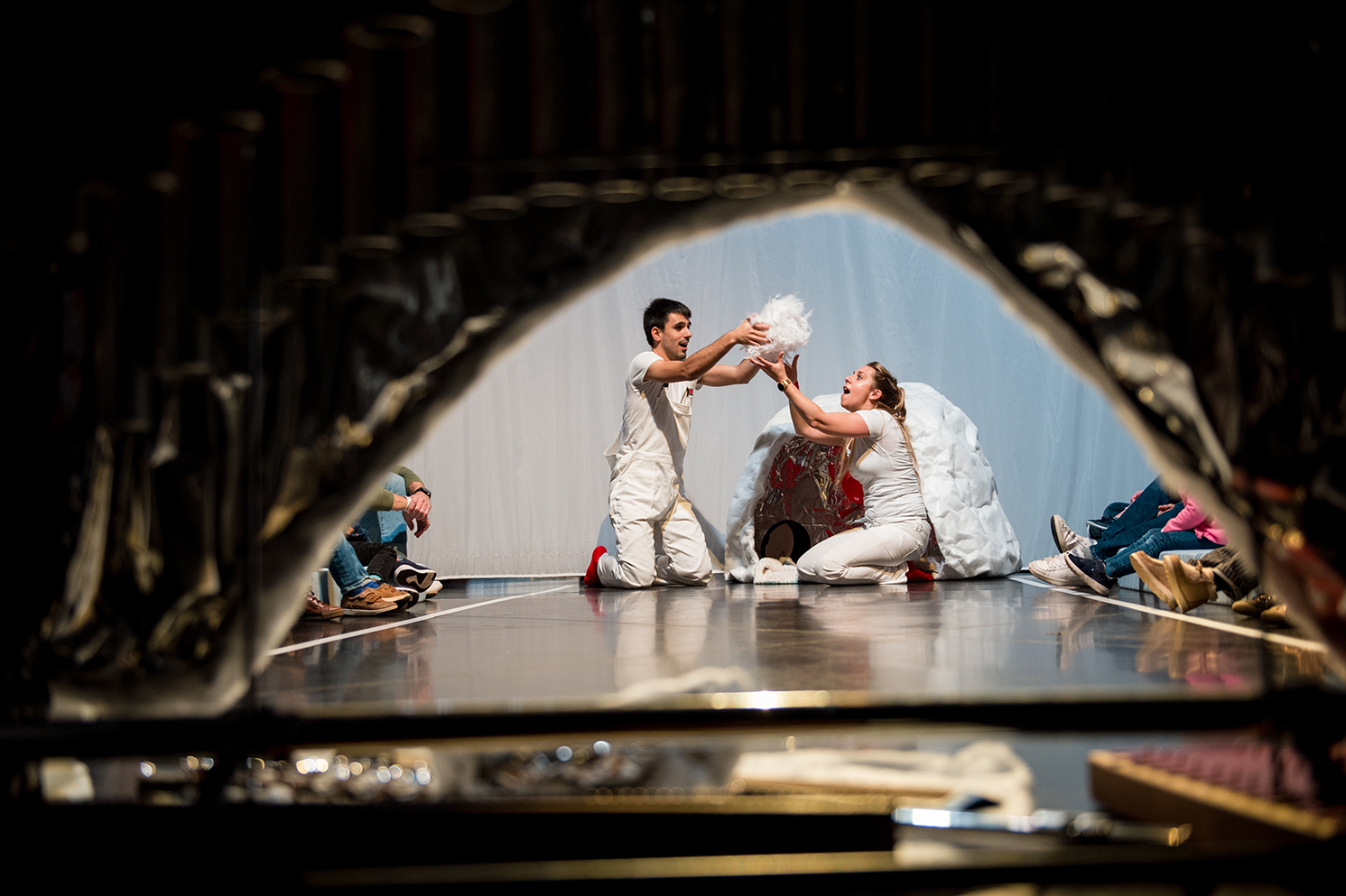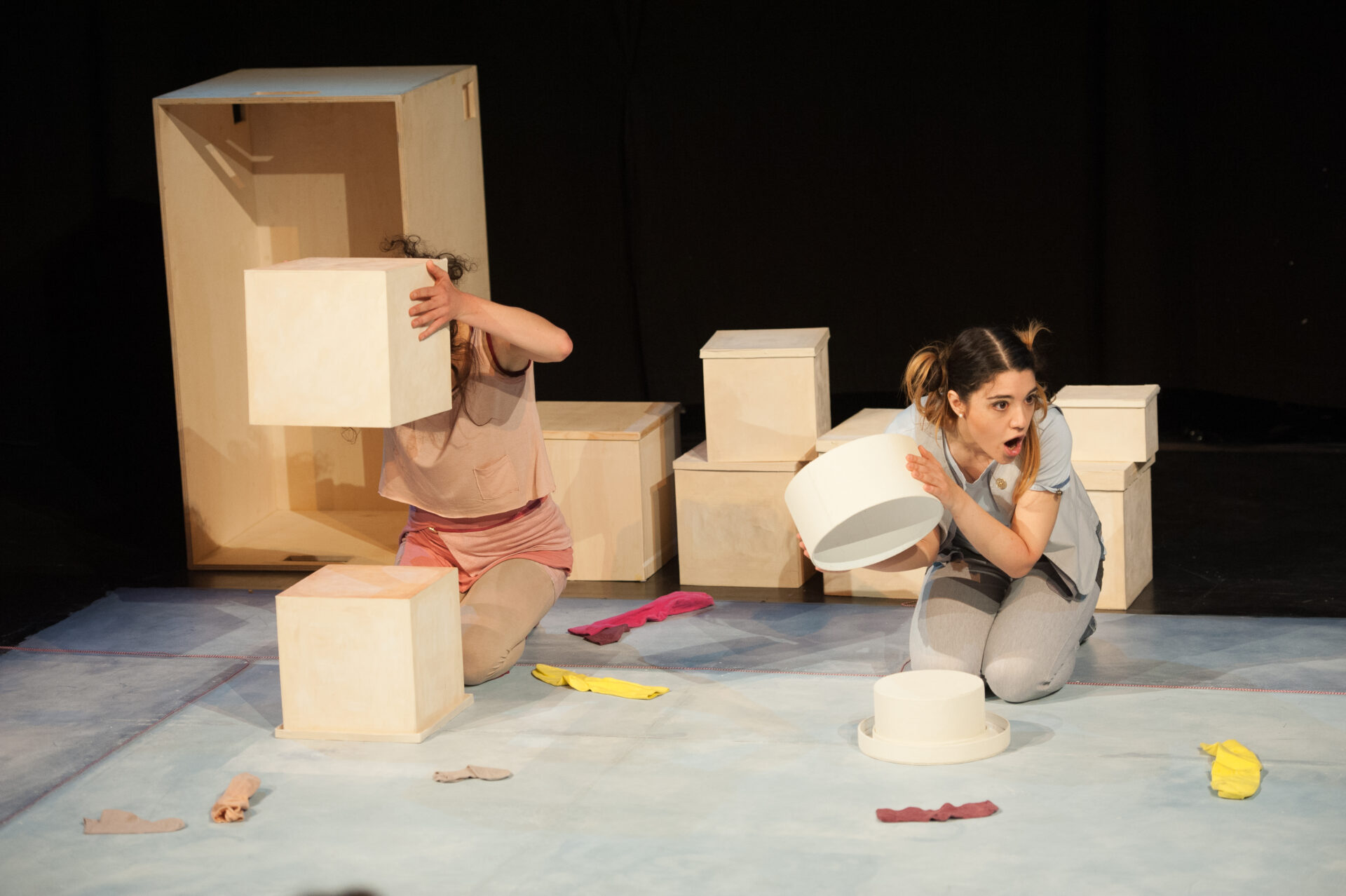Successful completion of Erasmus+ CACAO project
A harmonious interweaving of cell biology and music in early childhood education
Musica is delighted to share with you the positive results of the recently completed Erasmus+ CACAO project. Together with our international partners, we have seamlessly interwoven the fields of cell biology and music in the context of early childhood education.
The Cell Biology and Art Class Omnibus project (CACAO) brought together a diverse group of researchers, artists, educators and experts in technology-enhanced learning from seven European countries. Drawing on their collective expertise, they developed a unique curriculum for 5-year-old preschoolers that brings together cell biology, music, dance and visual arts. Musica, with its musical translations of biological concepts and processes, played a central role in connecting the two disciplines. Together, these experts enriched the essential skills, knowledge and awareness of preschool teachers.
An important outcome of the study was the participation of three nursery schools from Poland, Italy and Croatia. Each school represented a different teaching approach. Throughout the study by Juraj Dobrila University in Pula (HR), each school was subject to a different teaching approach; there was one group that followed the standard curriculum, another that received pure biology lessons, and a third that was introduced to biological concepts and processes through musical forms. Moreover, music was not merely used instrumentally to learn about biology. Conversely, biology was also used to learn about music from the inside out. Biological concepts such as evolution, homeostasis or learning processes in the brain gave rise to musical-creative forms of work.
At the beginning of the project, each child was presented with a series of questions, a mix of both biological concepts and more mundane topics. At the end of the programme, the same set of questions was presented again.
The results were plainly remarkable. The first group showed minimal improvement in understanding questions. This may have been due to the simple fact that the children had now grown older and gained more knowledge from their environment. The second group showed a moderate increase in their knowledge of biology. The third group, which had intertwined music and biology, showed a spectacular increase in basic knowledge about biology! In addition, parents reported a significant increase in children’s intrinsic motivation and simply the desire to go to school.
The study underlines the effectiveness of integrating music into biology education and shows a significant positive impact on cognitive development and knowledge retention in preschoolers. Apparently, from their more sensory-bodied approach, the musical work forms had an integrative effect on children’s knowledge acquisition.
As we celebrate the success of the Erasmus+ CACAO project, we look forward to further discussions on the wider implications of this innovative approach to early childhood education.
